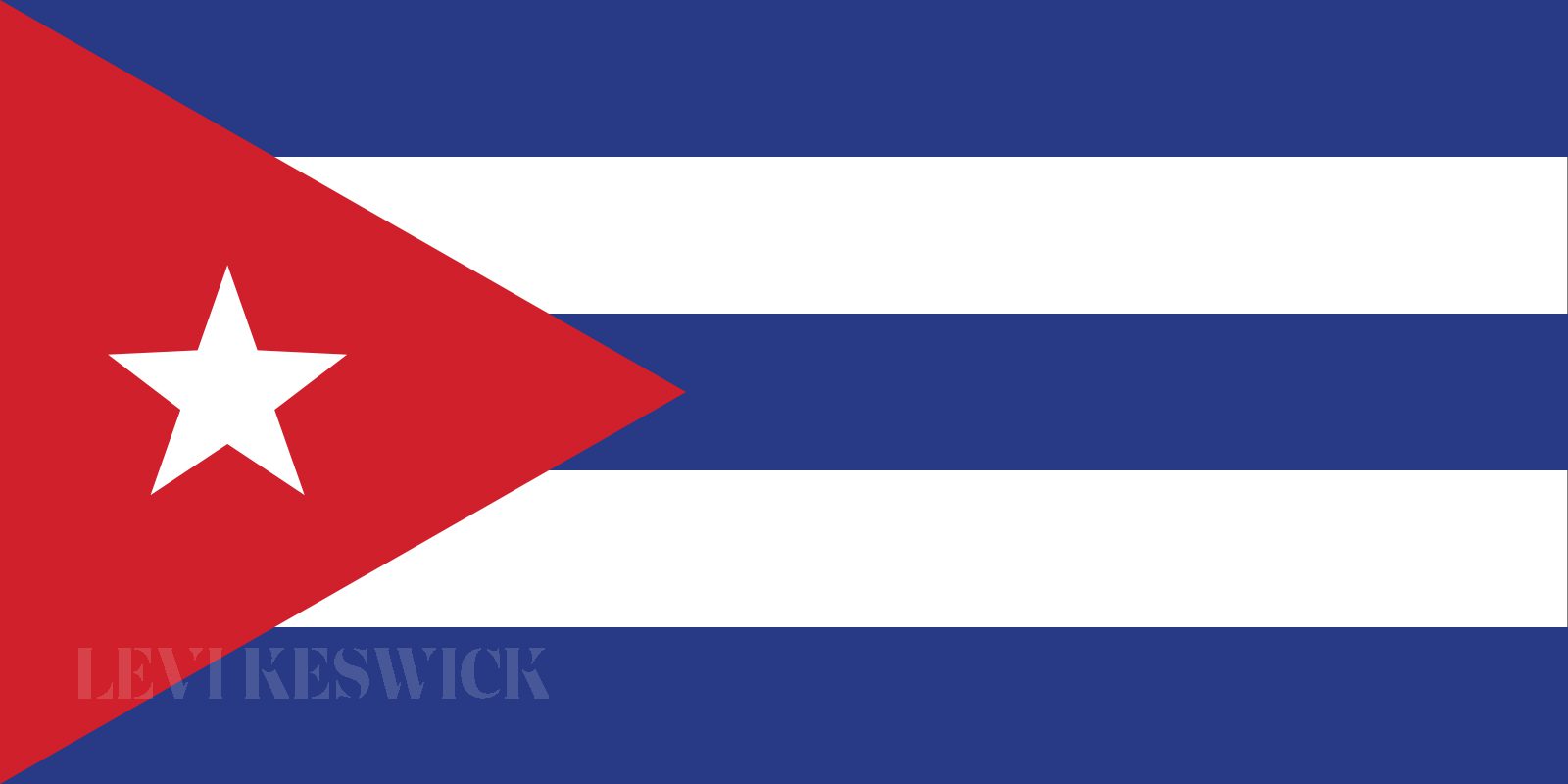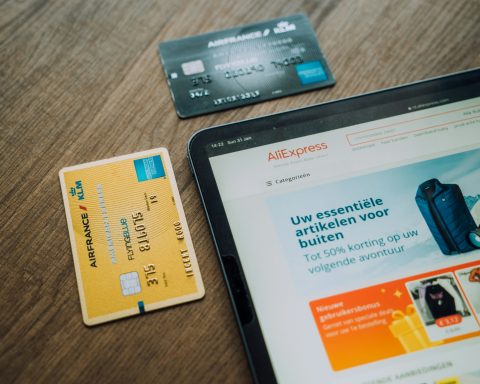In the world of business, the way you carry yourself can make or break a first impression. But there’s more to business etiquette than taking care not to chew loudly during a business lunch and drinking your tea in a meeting without slurping. So, how do you master the unspoken rules of business and impress potential clients and like-minded professionals?
In Cuba Libre, a short documentary by young filmmakers Luisa de Villers and Mediha Musinovic, professionals in Cuba share some of the unspoken rules of business etiquette.
Everything about the Cubans is about “yo quiero,” or “I want.” If you scratch where that itch is, there’s a pretty good chance you’re going to hurt somebody.”
Now, saying “Welcome to Havana” to a foreigner is like saying “Welcome to New York City” to the second-most-senior member of the finance committee.
In my business we’re going to want to know what we’re going to get out of this project, and we’re going to want it up front.
If we’re talking about any government, you’re going to have to keep that guy zipped up at all times.
Remember, everything here is negotiable. Your selling price is your goal price. You work backwards from there.
What’s nice about Cuba is you can barter anything. You could barter a woman for a bag of Lays potato chips. What a deal, right?
It’s kind of like, if you were a white American, you wouldn’t go to Kodak and say, ‘Listen – how would you like me to run a multi-billion dollar company for you?’ They’re not going to hand it to you. I mean why would they do that? You wouldn’t get anything. You’d have to earn it.
If a Cuban wants to give you a gift it means friendship and appreciation. Accept with sincerity!
Tips to Business Etiquette in Cuba
- Getting a business visa: Buying a business visa for $500 at the airport is one option; a better option is to approach a Cuban American Chamber of Commerce or board member of a Cuban American company, as they can get it for $100 or more. Either way, you have to get a letter from the Chamber of Commerce that you are coming as a representative of their company and not just “tourism.”
- Business Card Etiquette: Use your business card like your business card: it is the first thing people have to remember you by, your introduction to Cuba. The investment in a business card is an investment in your opportunity in Cuba. When you are handed a business card, take the time to read it – if the person has gone through the trouble of setting up a card for their company, they are going to make it worthwhile. Make sure to hand your card only to people you’ve been introduced to.
- Cell Phone Etiquette: Cell phones are less than 50 cents in Cuba, but there can be up to a three-month wait. If you need a cell phone, it is best to buy one from a Cuban American friend to avoid the wait, and have them set it up for you in their name.
Also, most companies will not be able to call you on a Cuban cell phone, so plan to have a traditional landline, or plan to have someone in the United States call you on your cell phone to relay messages from the company.
- Value personal phone calls: Cell phones are not cheap in Cuba, so if you get one, have a good plan to keep in touch with the U.S. to handle business. Calling collect is not always an option: sometimes there are holidays, sometimes the lines are busy, sometimes the operator adds a $5 surcharge, sometimes there is no operator and it is all automated. And don’t plan on calling for free: many of the phone operators will hang up on you if they hear a North American accent. 5. Cubic Feet of Commerce: The relationships between Cubans and Americans are 1,000 Cubic Feet (Cubic Meters) deep – that’s the approximately amount of space that it takes to store refined petroleum. And Cubans have been storing it in Cuba since the mid-1800s.
- Coffee Levels: American office workers understand coffee breaks – lunch breaks, however, don’t have the same overarching meaning in Cuban culture. Cubans take uncomfortable “coffee” breaks when they need to gossip or need a break from the work they are doing.
- Business Meetings Aren’t Always Business Meetings: A “meeting” can mean two consultants are comparing their notes about current business, or it can mean the Cuban Ministry of Transportation is trying to sell a new plan to a U.S. company.
- Breakfast and Lunch Confusion: In Cuba, breakfast can be eaten at any time of day, and lunch can be eaten at anytime between 11:00 a.m. and 3:30 p.m. Dinner starts at 9:00 p.m., but people are often still eating their lunch at that time.
- Cuban Coffee is Like Texas Coffee: Both have rules: Cuban coffee must be strong, thick and sweet, and Texans must drink their coffee the way they brew it. As a guest in a Cuban home, you must ask the host if you may have a cup of coffee, and then wait for them to actually ask you for one.
- Never Arrives on Time: Whenever you are waiting for someone in Cuba, expect them to be late. The streets are too busy and the norms are too relaxed for a person to arrive on time. So, be prepared to wait. On a related note, answering your phone in the office may be taboo. If a Cuban is calling you in your office, they are typically trying to save money, and the most economical time to talk to you is when nobody else is around. They are not trying to bother you – they are just trying to save money.
“I was driving from one place to the next and literally running from person to person trying to make decisions and keep them in a financial mind frame. And once I finally got back to my hotel room and finished up, I could hear all the maids and all the cleaning staff sweeping and mopping up outside my window until midnight.”
In Cuba, people are very friendly, and will assist you in finding a job, a place to live and even a girlfriend if you want, but once you work in Cuba, you are expected to do your job.
Five Breeds of People in Cuba
- Personals: Couch-surfing, like everywhere in the world, is very common in Cuba but in a different way from anywhere else.
There are five unique “borrowing” cultures in Cuba, where you can borrow or “personally” consume without being verbal about it, whereas in America it is a hidden event.
- Partners: There is a significant amount of cheating in Cuba – the hierarchy of the Catholic Church has elected to let all the priests get married so no one can tell who is corrupt.
- Friends: Friendship is not a two-way street – Cubans are friendly, but generally expect a lot from their friendships, whether it’s gigs as a professional maid or a full-on partner.
- Lovers: Normal boyfriends, girlfriends, husbands and wives are all called romances – the quick relationship is not an element of friendship, in some cases it is the whole friendship.
- Employers: Employment in Cuba is extremely personal. Employers are accustomed to having full control over their employees.
“It’s not that they hold the employee accountable; it’s more of a controlling relationship.”
“The purpose of the conversation is not for you to make money. Because this is the truth – you are not in charge.”
“Government work is about “customer service,” and customer service is about the illusion of communication, and the illusion of connection.”
Cuba Libre is a narrative short on my five years in Cuba, recounting the dangers and the opportunities I faced, the ways of the Communist world and the colorful people who live there. It aims to be a window into a Communist society for everyone who has ever been curious about the realms of its historical embargo, the complexities of the Cuban community in the States, and the stories of a people that manage to live between the two worlds as if they were living nowhere at all.
I hope you enjoy it as much as we enjoyed making it. – Luisa de Villiers & Mediha Musinovic,







